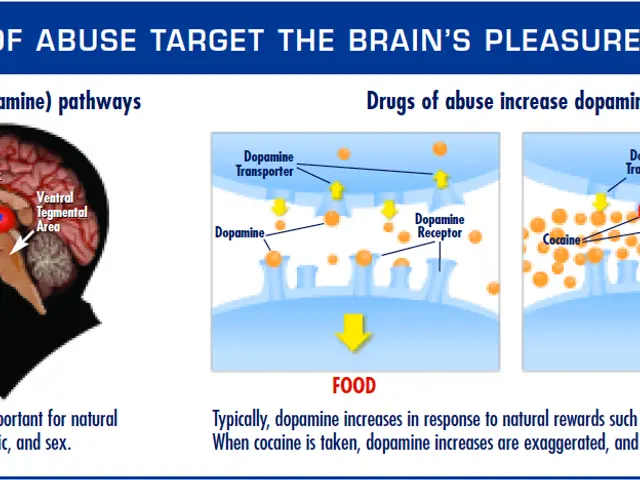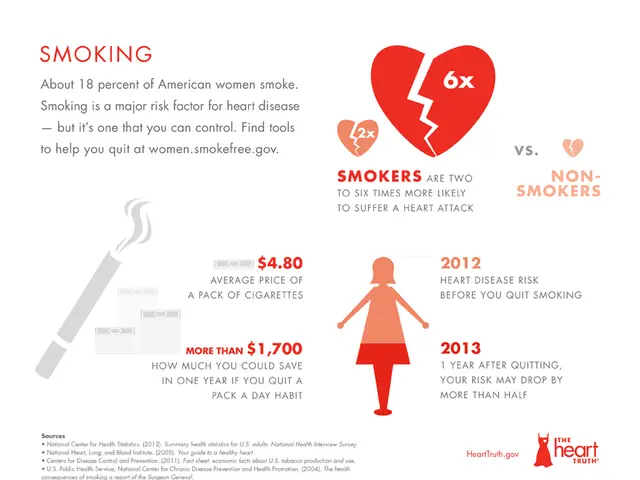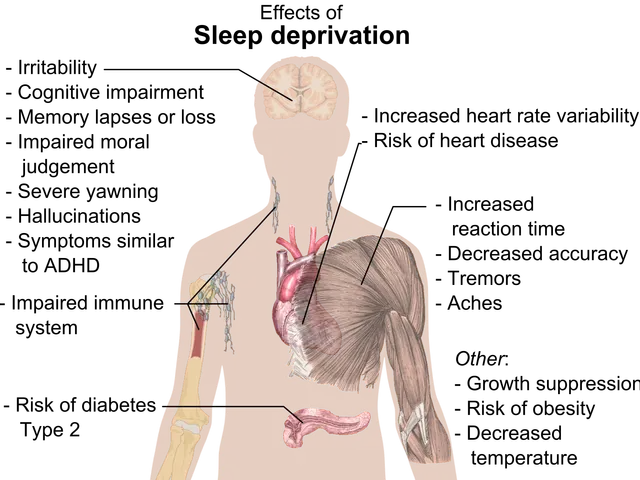Temporary Livestock and Meat Import Ban from Thailand
Halt on Livestock Imports for Safety Concerns
Import Restrictions Implemented on Livestock Imports by Cambodia and Laos
In a bid to ward off anthrax outbreaks, Cambodia and Laos have temporarily halted the import of livestock and related animal products from Thailand. This precautionary measure comes after widespread anthrax cases cropping up in certain regions of Thailand [1][2][3].
Cambodia's Ban Details
Cambodia's Ministry of Agriculture, Forestry, and Fisheries has taken the lead in implementing this ban, and they're keeping a close eye on the anthrax outbreak in Thailand [1]. As of now, not a single case of the disease has been reported in Cambodia. However, the Ministry is taking no chances, imposing a temporary ban on all livestock and animal product imports from Thai border crossings [2]. They've collaborated with various state agencies at the border to ensure the ban is enforced [2]. The length of the ban remains undisclosed at the moment.
Laos's Proactive Measures
On the other hand, Laos enacted a ban on the import of pork, beef, mutton, and horse meat from Thailand starting May 5 [3]. The purpose is to decrease the risk of an anthrax outbreak in Laos [3]. Vehicles entering Laos from Thailand have to undergo mandatory disinfection [4].
Thailand's Battle Against Anthrax
In Thailand, the situation doesn't look too rosy either. A single fatality and four hospitalizations stem from an anthrax outbreak, which raised public awareness of the disease [4]. Many people remain anxious about consuming beef due to fear of infection [4]. However, Dr Narong Chankaew, the chief of the Mukdahan Provincial Public Health Office, insists properly cooked meat (heat of at least 120°C or boiled for 30 minutes) can eliminate potential anthrax bacteria [4].
Infection Sources and Puling the Plug
The outbreak seems to trace back to the butchering of a cow on a rubber plantation in Ban Khok Sawang, tambon Lao Mee, Mukdahan [4]. The individual who passed away participated in the butchering and fell ill on April 24 [4].
Additional Insights
- Effect on Meat Industry: The temporary ban may have a significant impact on the livestock and meat industries in Cambodia and Laos as Thailand plays a crucial role in their imports [1][2][3]. Local markets could experience shortages or price increases due to the lack of Thai imports.
- Potential Health Benefits: By preventing the import of potentially contaminated livestock and animal products, both Cambodia and Laos aim to protect their citizens from anthrax, a disease that can be fatal if not treated promptly [3][4].
- Given the temporary ban on livestock imports from Thailand, there could be potential health benefits for citizens in both Cambodia and Laos, as the move aims to protect them from anthrax, a disease that can be fatal if not treated promptly.
- Local markets in Cambodia and Laos might experience shortages or price increases due to the halt on imports of livestock and animal products from Thailand, as Thailand plays a crucial role in their imports.
- In response to cases of anthrax in Thailand, Laos has taken proactive measures by imposing a ban on the import of pork, beef, mutton, and horse meat starting May 5 and mandating vehicles entering from Thailand to undergo disinfection.
- Following the temporary ban on livestock and meat imports from Thailand, the authorities in Cambodia and Laos should consider exploring alternative healthy sources of protein to ensure consistent health and wellness, such as agriculture-focused solutions or products derived from hemp, like CBD.








